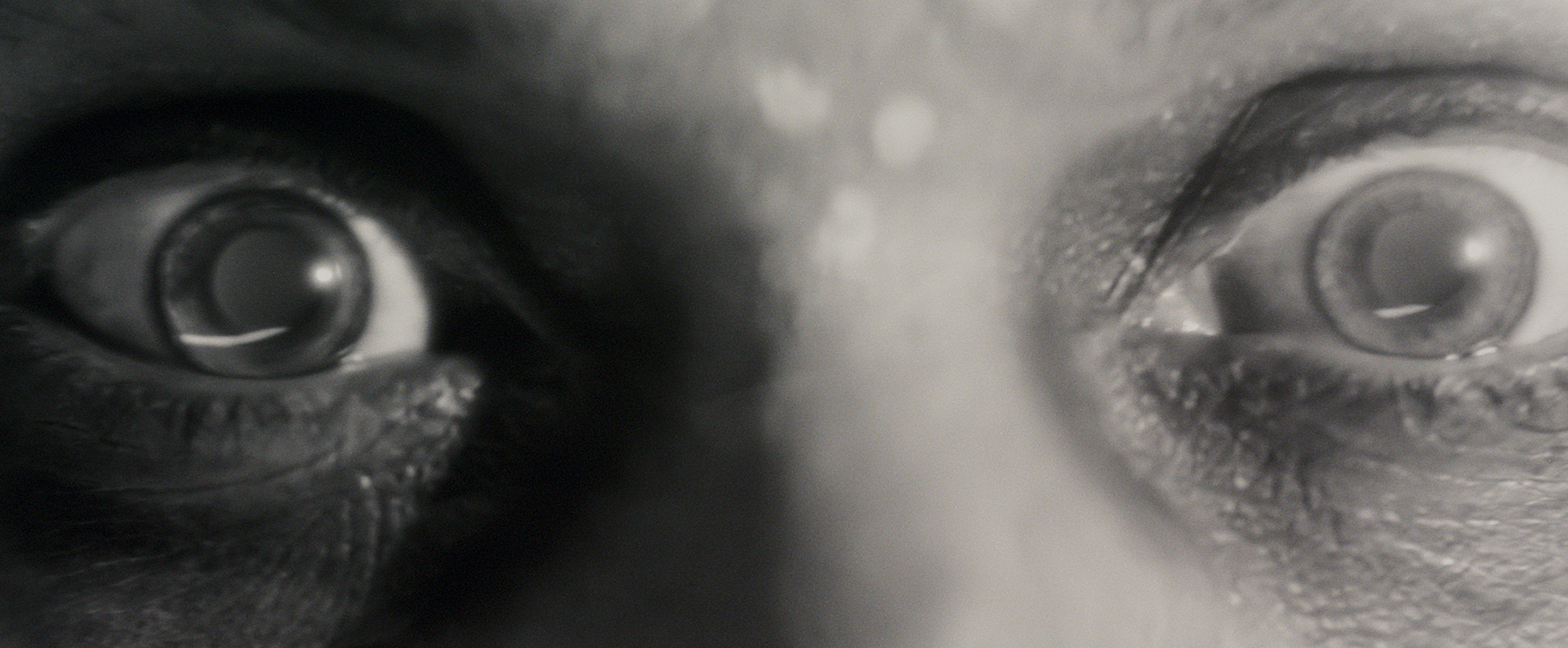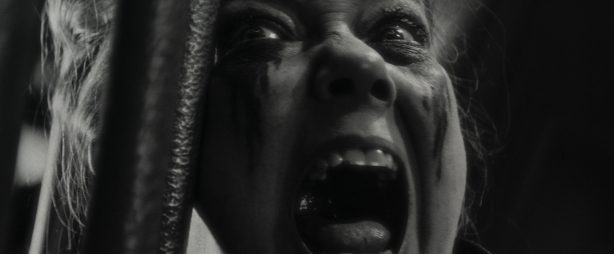Marvel Studios’ chilling Special Presentation Werewolf by Night is now streaming exclusively on Disney+, inviting fans to explore a new corner of the Marvel Cinematic Universe (MCU). The eerie tale follows a secret cabal of monster hunters who gather at the Bloodstone Temple in honor of their late leader, Ulysses. During his strange and macabre memorial, they are thrust into a mysterious and deadly competition for a powerful relic—one that will ultimately bring them up close with a dangerous monster.
Although Michael Giacchino has scored dozens of films, including Marvel Studios’ Doctor Strange (2016) and Thor: Love and Thunder (2022), Werewolf by Night marks his directorial debut. “I’ve actually been making movies since I was 9 years old,” he clarifies. “My dad gave me his 8mm camera, and from then on, that’s pretty much all I ever did.” But after decades of composing some of the most recognizable and renowned film scores, he decided to take on a new challenge: bringing Werewolf by Night to the screen. “Music was something I did for a very long time and loved,” he says. “But in that time, I just kept thinking about how much I missed making movies.”

So, about four years ago, as Giacchino was having a casual conversation with Kevin Feige, President of Marvel Studios, he decided to pitch his “crazy” idea for Werewolf by Night. “Most people would say, ‘Give me Spider-Man!’” he recalls. “But I was like, ‘No, I want the most obscure, weird thing you have—and as a kid, that was Werewolf by Night.” Drawing inspiration from classic black-and-white monster films, his idea for Werewolf by Night presented an opportunity to take yet another big, creative swing for Marvel Studios. “My brother and I spent every Saturday watching Creature Double Feature; that was our church,” Giacchino says. “I had such an affinity for those movies. I thought, ‘Wouldn’t it be fun to make a new monster movie under the Marvel banner?’”
Feige liked the idea so much that Giacchino was hired to both direct and score Werewolf by Night. “Some people thought I was crazy to do that,” Giacchino admits. “But I also knew that if I hired somebody else to score it, I’d probably drive them crazy, because I know what I want. While we were in pre-production, I was writing themes and coming up with ideas, just trying things out. Even when I was creating my own animatics for this, I was working with a storyboard artist, and then I would edit it all together and put music behind it. It was a great way to see what worked and what didn’t—and by the time I got to set to shoot, I had some themes already worked out.”
He continues, “I had that rhythm in my head—that mood, that tone, that emotion. Because of that, I was able to connect to the actors: ‘Here’s how this is supposed to feel. This is what this character is going through.’ It was a great way to communicate.”

According to Giacchino, preparation was just as important as flexibility. “Sometimes you get a better idea in the moment,” he says. “Part of being a good director is staying open-minded, because you never know where the best idea will come from.”
The Oscar®-winning composer had long been preparing for a project such as this. “All those years of writing music and working with directors like J.J. Abrams, Matt Reeves, Pete Docter, and Brad Bird taught me so, so much,” Giacchino says. “I’ve done many projects with those guys, and along the way, I was listening and learning. Those collaborations were important in helping me understand this next step of my career.”
During post-production on Werewolf by Night, Giacchino continued to learn new things about filmmaking—this time from a different but frequent collaborator, editor Jeffrey Ford. “Usually, as a composer, I have a director to bounce ideas off,” he says. “Collaborating with Jeff was great because as I was writing the score in one room, he was editing the film in the next room, so I would go back and forth. I would bring in music, he would add it to the cut, and we’d see how it worked. Sometimes it informed the cut; he would change the cut based on the music. Sometimes I would change the music based on his cut. It was a really great process to do this together. We were able to evolve the story in a much different way than what I’m used to doing.”